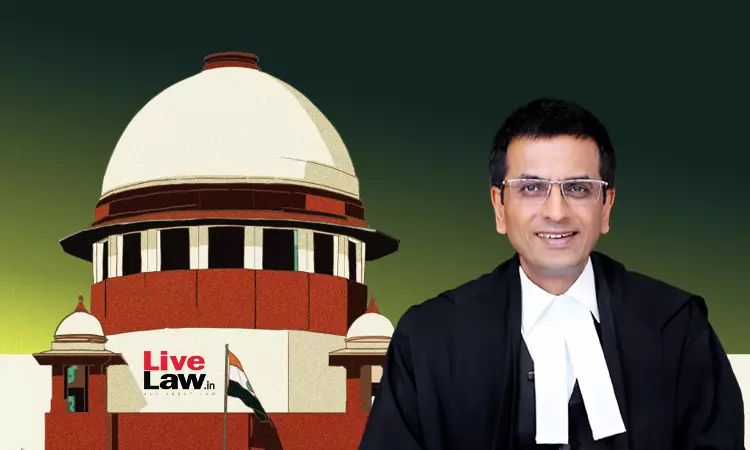Will Take A Call On Hearing Money Bill Issue Soon : CJI DY Chandrachud
LIVELAW NEWS NETWORK
15 July 2024 11:32 AM IST

Next Story
15 July 2024 11:32 AM IST
Chief Justice of India DY Chandrachud on Monday (July 15) agreed to take a call on hearing the "money bill" issue soon. This was after Senior Advocate Kapil Sibal mentioned the matter, which is referred to a 7-judge bench, for urgent hearing.Sibal said that the matter is already there in the list of scheduled Constitution Bench hearings and requested for priority. CJI said that he will take...
